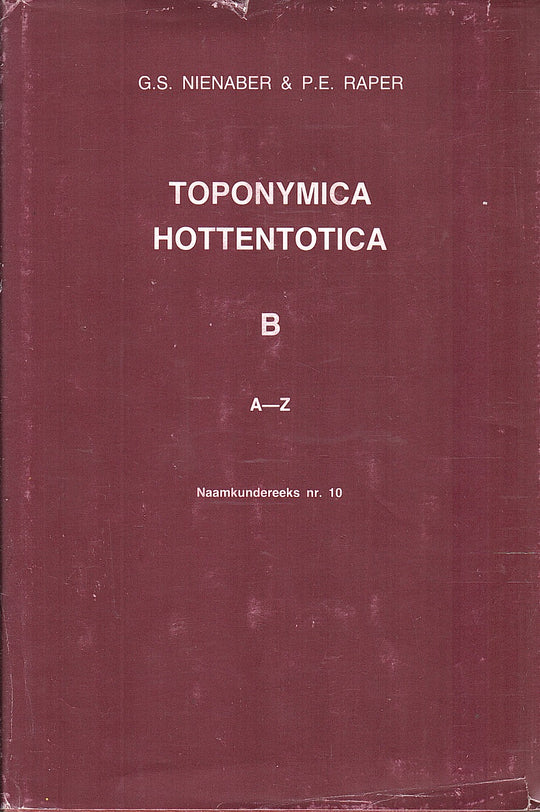Ka(Kolk)
We also involve this place name indirectly in th a ** 605 S.V. KA (Tree) ... For this cakin we do distance from that statement. Kakolk is farm No. 290. Souther boundary he to 'Lemonop' 292, and again south are GAPIITS 62. The GA and the ka- of the two farms are interchanging rates of the same word, watch Gaputz in this book part. Between their lemon head. Also, the farm numbers show that Kakkin (290) and Lemonop (292) were parts were, with Kakolk as the mother farm. And so we get the usual pattern in many subdivisions in earlier days: Kakolk is the oldest of the two farms here with a hybrid name (Ka- from Nama, + kolk from Dutch), and lemonop is the younger place. with a name translating the old Nama or Khoekhoense element. We ship on the acceptance of Mr Andreas's communication. He is a teacher to Heirachabies and well-known with the environment; Nama is his mother tongue. The word JKA, according to Andreas, is widely used and is also applied to the Prosopis by some, but the general application is on the Wilderemoen tree, possibly the same word as the chance. Onseepkans, alright. In any case, it is not the pale meal tree here. 'Welkelemoenboomkolk'.




